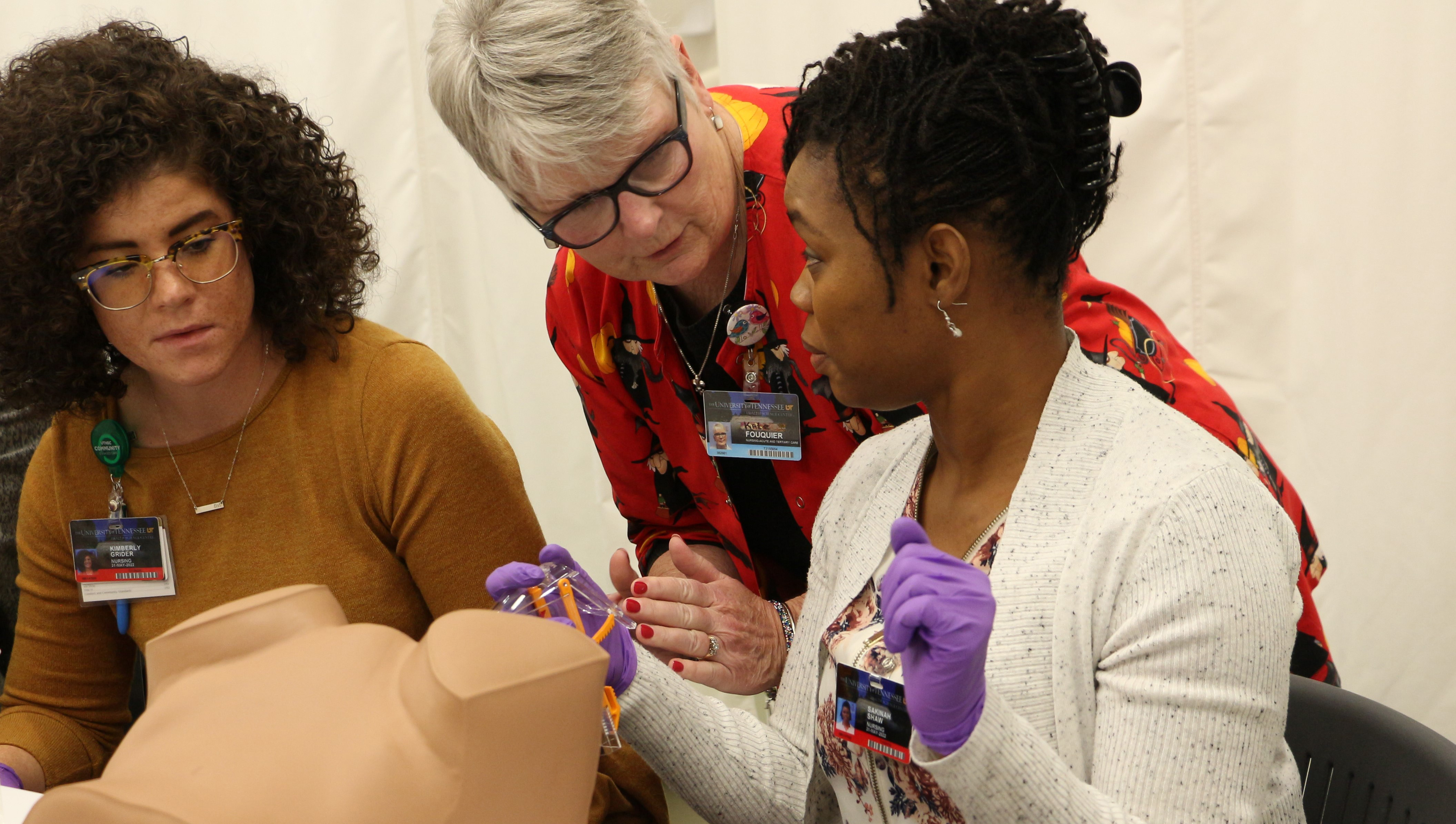DOI
10.21007/con.dnp.2024.0075
Faculty Advisor
Dwayne Accardo, DNP, CRNA, FAANA
Document Type
Poster
Publication Date
Spring 4-8-2024
Disciplines
Geriatric Nursing | Investigative Techniques | Medicine and Health Sciences | Nursing | Perioperative, Operating Room and Surgical Nursing
Abstract
Purpose/Background
Postoperative delirium impacts as many as 51% of surgical patients, resulting in increased mortality and morbidity, longer hospital stays, and increased healthcare costs. Adults ≥ 65 have a high risk for developing delirium. This scoping review examines the use of dexmedetomidine in the perioperative period in adults ≥ 65 years old to prevent and treat postoperative delirium.
Methods
Using relevant inclusion criteria, an extensive review of the literature was performed from September through November 2022, utilizing the Cochrane, CINAHL, ClinicalKey, PubMed, and Embase databases. Search phrases included: dexmedetomidine infusion, dexmedetomidine, intraoperative dexmedetomidine, postoperative delirium, older adults, and elderly delirium. Three thousand one hundred and fifty-six articles met the search criteria. They were systematically pared down based on quality and relevance to twenty articles, and then evaluated with a Rapid Critical Appraisal (RCA) tool and placed in a synthesis table. Eight articles were selected for inclusion as the highest quality level I and II evidence available.
Results
In seven of the eight selected studies, perioperative use of dexmedetomidine decreased the incidence of postoperative delirium in adults ≥ 65 years. ICU length of stay decreased in five analyses, and mortality rate was unchanged or decreased in five analyses. The presence of dexmedetomidine- related bradycardia was less than other common perioperative medications in two articles and had varied presence in the other reports; use of dexmedetomidine was never reported in the selected studies to increase mortality or morbidity in adults ≥ 65 years old.
Recommended Citation
Breuer, Jacqueline Renee; Callonas, Michael G.; Chmelicek, Kathleen; Denman, Laura Elizabeth; and Accardo, Dwayne DNP, CRNA, FAANA , "The Effectiveness of Dexmedetomidine in the Reduction of Postoperative Delirium in Patients Over 65: A Scoping Review" (2024). Doctor of Nursing Practice Projects. Paper 75. http://dx.doi.org/10.21007/con.dnp.2024.0075.
https://dc.uthsc.edu/dnp/75
Included in
Geriatric Nursing Commons, Investigative Techniques Commons, Perioperative, Operating Room and Surgical Nursing Commons


